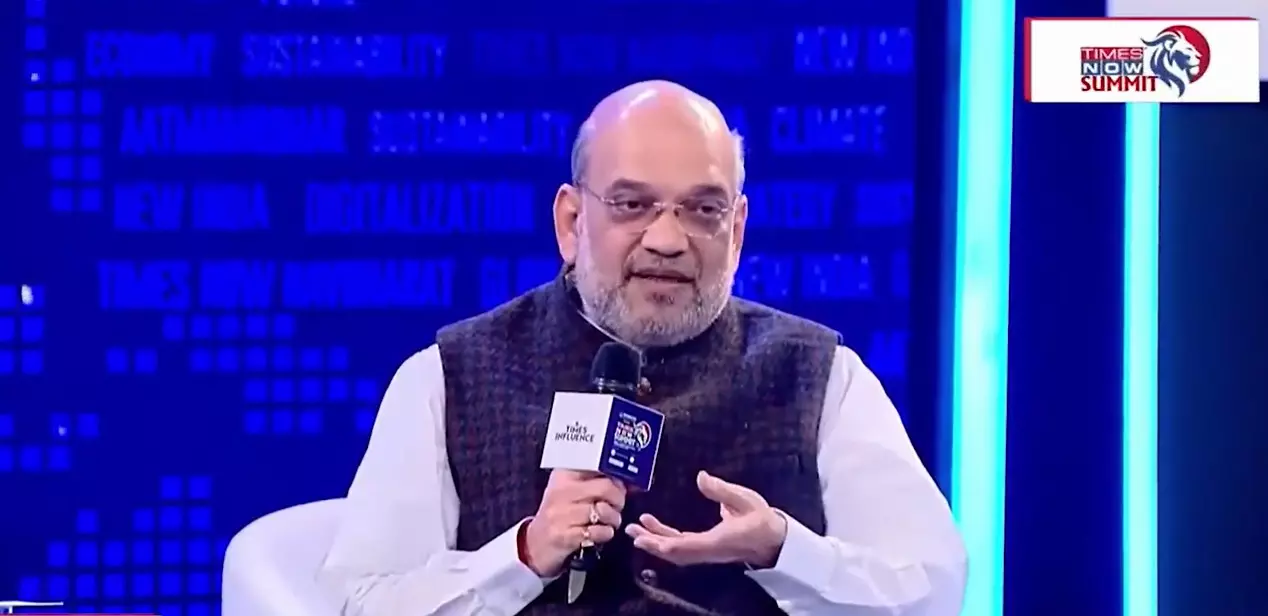
Every Law Should Pass Through Judicial Scrutiny: Home Minister Amit Shah On Places Of Worship Act, 1991
 |
|While responding to a question on the Places of Worship Act, 1991, Union Home Minister Amit Shah said that every law should pass through the judicial scrutiny.
He said that "After the Ayodhya judgement, a few more disputes have come up in which the law enacted in 1991 has also been challenged. I don't want to comment on these issues from a public platform because it is sub-judice, but I can definitely say that every law should pass the legal scrutiny of the Court"
He also said while speaking at the Times Now Summit, that the Court has issued notice to the government and that the government will clear its stand on the subject.
The batch of petitions challenging the validity of the Places of Worship Act 1991 was adjourned by the Apex Court after the Center sought an adjournment to file its affidavit. Solicitor General Tushar Mehta had told the Court that the matter requires "consultation with the government at higher level for filing a detailed counter".
The petition filed by Ashwini Kumar Upadhyay challenges the constitutional validity of Sections 2, 3, and 4 of the Places of Worship (Special Provisions) Act, 1991 for violating Articles 14, 15, 21, 25, 26 and 29 of the Constitution of India.
At least eight petitions are pending before the Apex Court challenging the validity of the Act. The Supreme Court had refused to entertain any more petitions challenging the Act and instead permitted the Petitioners to file intervention petitions in the pending cases where notices have been issued.
A Bench comprising the then Chief Justice U. U. Lalit, Justice S. Ravindra Bhat and Justice P. S. Narasimha had directed that the matters will be taken up by a Bench of three judges since there were observations in the Ayodhya Judgment about the statute.